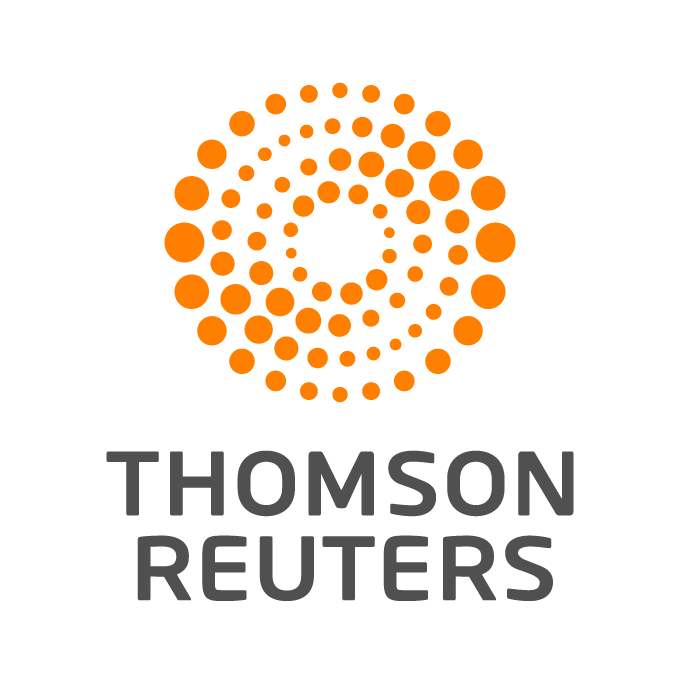A new study shows U.S.-based corporate tax departments are balancing tightened budgets with the need to automate their heavy workflows, alongside training their teams on using new software effectively. In-house team leaders must reconcile these challenges if they want to take on more substantive advisory roles supporting their own corporate strategies.
These are among the findings in the “2020 State of Corporate Tax Departments Survey: New Technology Demands New Skills and New Attitudes.”
“The automation of tax technology is an opportunity for agile, forward-thinking in-house tax departments to better manage their operating processes and assume broader consultative responsibilities,” said Brian Peccarelli, President of the Corporates Segment and Chief Operating Officer – Customer Markets for Thomson Reuters. “At a time of major changes in the global economy and U.S. tax codes, corporate tax teams are poised to utilize third-party software to cost-effectively manage the complexities of regulatory change and compliance worldwide.”
The survey found that international tax reform and working more efficiently as a group with limited resources remain as top priorities for the in-house professional.
Demands placed on in-house departments that have recently become a higher priority include reducing international tax liability, providing more business-centric advice, seeking departmental cost reductions, ensuring general data accuracy and integrating existing technology.
The current talent environment for in-house professionals also ensured that many tax departments mentioned plans to adjust teams as a priority, citing a disconnect between legacy staff who are experts in tax and younger employees who tend to be more tech savvy.
The initial survey included over 300 survey responses and 20-plus in-depth interviews conducted from late 2019 until mid-February this year. The survey was updated in early April via a pulse survey of some 55 senior in-house tax executives to gauge how the impact of the COVID-19 pandemic has changed their priorities.
This is Thomson Reuters Institute’s first-ever annual report examining the landscape in the corporate tax field. The full report can be downloaded here:
Other findings:
- Corporate tax teams struggle to keep up with growing regulatory change and complexity;
- America’s biggest corporate tax departments are grappling with how best to address key reforms and complexities in the U.S. Internal Revenue code from the 2017 Tax Code’s passage, and their need to keep pace with tax code changes overseas;
- 86 percent of U.S.-based corporate tax departments must keep up with international tax operating responsibilities;
- Over half of in-house tax departments would describe themselves as under-resourced, though only a third of them had plans to increase headcount;
- External advisors are crucial – trusted partners. Big decisions aren’t made without the input of a long-term advisory firm
- Pain points with advisors:
- lack of knowledge of the specific company
- lack of understanding of drivers of corporations
- cracks may be opening-up as more work is offshored by advisors
- Over 50% of tax departments describe their level of technological optimization as either “Chaotic” or “Reactive” – the two lowest levels. Only 10% are “Optimized” or “Predictive”
- “Chaotic” teams are also much more likely to feel under-resourced
Thanks for reading CPA Practice Advisor!
Subscribe Already registered? Log In
Need more information? Read the FAQs




